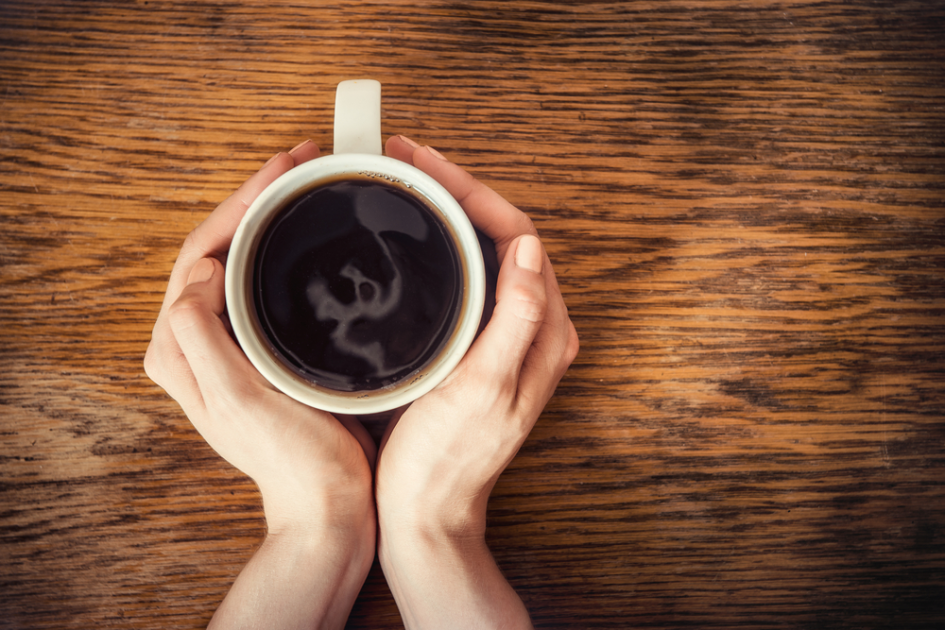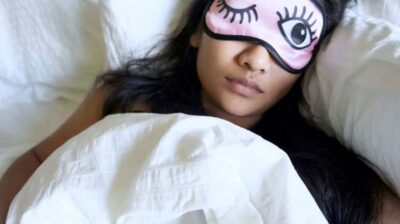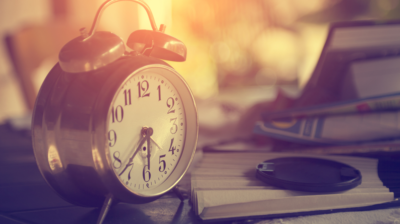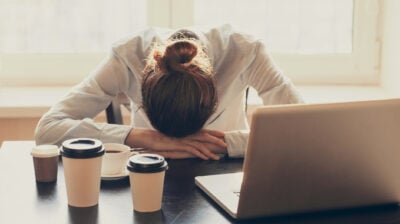What’s affecting my sleep?
There are many things that affect your sleep that you may not know about

Are you struggling to get shut-eye every night? If so, it doesn’t have to be this way! There are many things that can negatively affect your sleep and if you change your habits around sleep, you’re much more likely to get better quality snoozing time at night. Here are some things to think about or even cut out to help improve your sleep.
Poor sleep hygiene
Sleep hygiene is basically a fancy way of saying that you should stick to a proper bedtime routine. In other words, you shouldn’t spend the evening surfing the net or playing video games, and then expect to fall asleep 10 minutes afterwards. Likewise, you shouldn’t go to bed and get up at completely different times every day. A weekend lie in is usually okay, but not if you are getting up at 2pm when you normally get up at 7am! Check out these 10 ways to improve sleep hygeine here.
Caffeine
This has a major impact on your sleep. We all know caffeine is in coffee, but it’s also in tea and fizzy drinks. Try to avoid any high-caffeine drinks after 2pm.
Alcohol
Drinking alcohol does make many of us feel drowsy and tired, but actually, it can affect our sleep really negatively. If you’re drinking alcohol, you’re better off stopping at least a few hours before going to bed.
Smoking
Smoking stimulates your brain making it harder to get to sleep. If you’re a smoker, try not to smoke in the hours immediately before going to bed.
Eating
Many of us indulge in the occasional midnight snack, but it’s best to cut out this habit if you’re struggling with your sleep. Eating late and at inconsistent times isn’t good for your sleep, so try to eat earlier and at the same time every day.
Heat
Cooler temperatures are better for sleep, so if your room is too hot, you’ll probably have a hard time getting to sleep. If it’s too warm, leave the heating off and make sure your duvet is light enough, especially during the summer!
Screentime
Did you know that staring at laptop, phones or TV stimulates your eyes and brains? This makes it much harder to fall asleep. Try to avoid staring at screens for the hour before you go to bed.
Anxiety and stress
If you’re tossing and turning worrying all night, you’ll struggle to get to sleep. Anxiety and stress are two of the biggest things that can eat into our sleep. Try to do relaxing activities before going to bed, such as listening to music, relaxation exercises or mindfulness. At times worrying thoughts may come to mind – write it down and come back to it in the morning. Learn more about managing your stress here.
Pain
Pain is a well known sleep enemy. Simply put, if you’re in pain you won’t be able to sleep well. It’s best to contact your doctor if you have unexplained or untreated pain, as they will likely be able to offer you treatment.
Medications
Some medicines can stimulate you and interfere with your sleep. Ask your doctor or pharmacist about this.
Lack of sunlight/daylight
Yes, there’s not a whole lot of sunshine here in Ireland. We’ll admit that. However getting daylight of any kind is important to regulate the sleep/wake cycle – in other words if you do not get enough sunshine/daylight, you may have trouble sleeping.
Shift work
Shift work can really mess with your sleeping as the body ends up totally confused about what time is day and what time is night. Learn more about sleeping when you work irregular hours here.
Want to learn more about getting better sleep?
Check out our article on 10 great ways to improve your sleep here.






